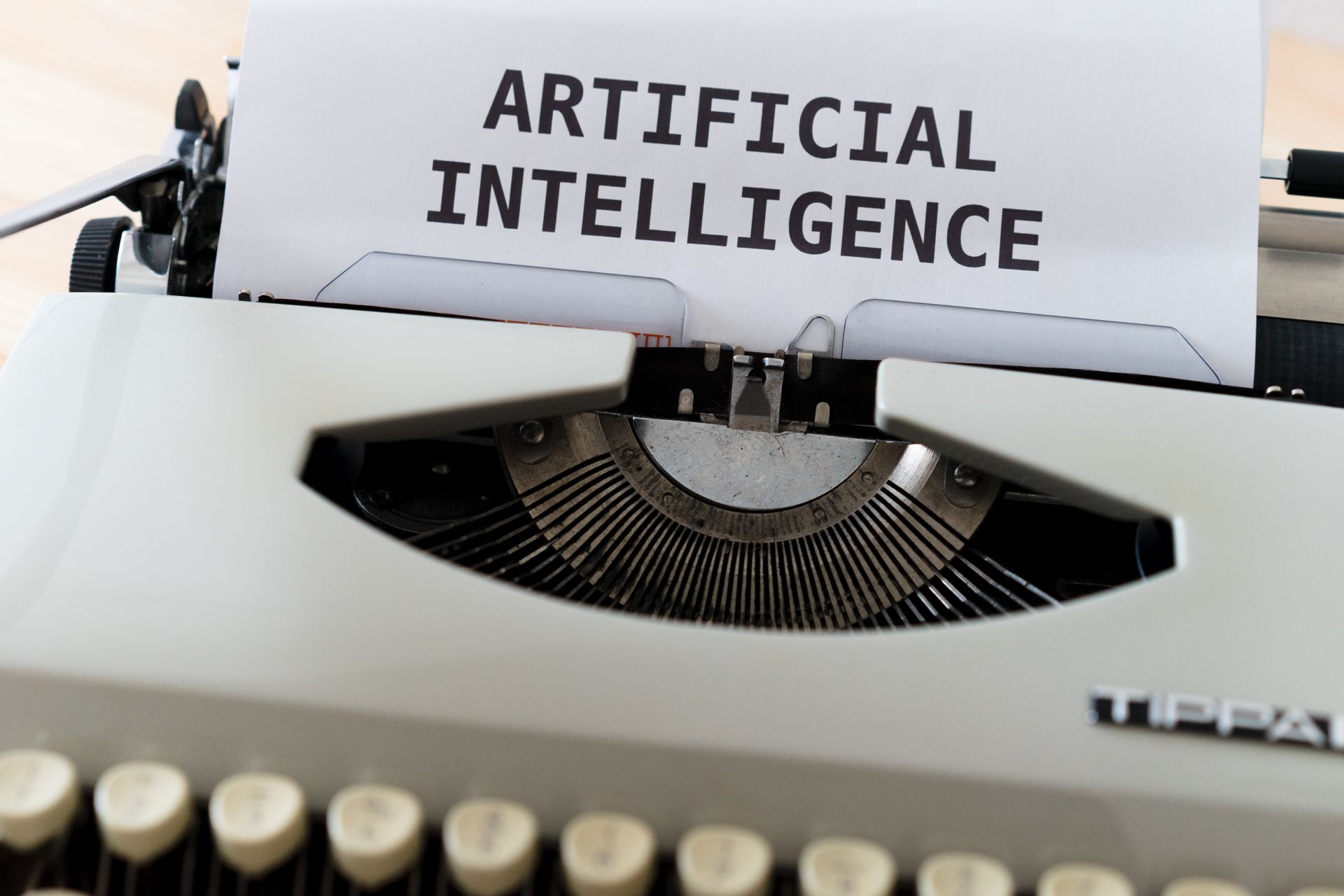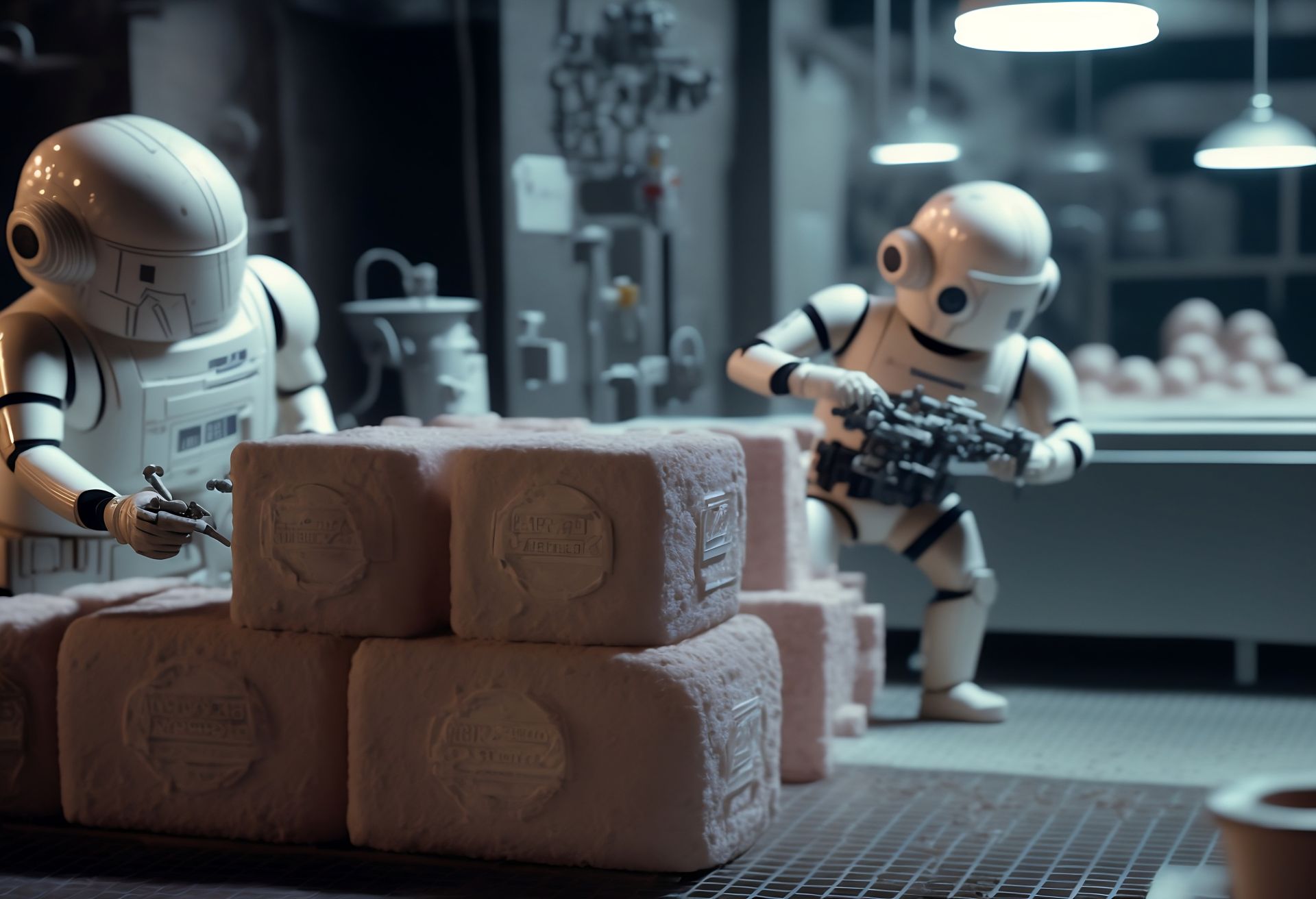Apparently, generative AI is not that bad for artists, according to some who have signed an open letter about the topic.
According to TechCrunch, a collective of artists has come together to compose an open letter addressed to Congress, advocating for a more inclusive and artist-involved approach in discussions about the regulation and definition of generative AI. Their perspective is that AI, machine learning, and algorithmic tools have been integral to creative fields like music and art for many years, and the emergence of generative AI is simply another tool within this creative toolkit.
The artists argue that those who actively use these tools, whether they are software engineers or visual artists, should be actively engaged in the process of shaping the development and regulation of AI in the creative realm. They emphasize the importance of considering the creative community’s insights and expertise in the ongoing dialogue surrounding AI in the arts.
“We write this letter today as professional artists using generative AI tools to help us put soul in our work. Our creative processes with AI tools stretch back for years, or in the case of simpler AI tools such as in music production software, for decades. Many of us are artists who have dedicated our lives to studying in traditional mediums while dreaming of generative AI’s capabilities. For others, generative AI is making art more accessible or allowing them to pioneer entirely new artistic mediums. Just like previous innovations, these tools lower barriers in creating art — a career that has been traditionally limited to those with considerable financial means, abled bodies, and the right social connections,” the open letter said.

It turns out generative AI is not that bad for artists after all
On September 6, 2023, a group of 79 artists who utilize generative AI technology signed a letter directed to Sen. The artists argued that generative AI has the potential to democratize art by breaking down traditional barriers such as high costs, physical abilities and social connections that have historically limited artistic creation.
They countered common criticisms of generative AI by addressing concerns that it is perceived as simply regurgitating existing works or engaging in data theft. The artists clarified that while AI can replicate existing art, their intention is not to engage in malicious practices. Instead, they emphasized their commitment to responsible and creative use of generative AI in the artistic process.
YouTube and UMG’s pact for AI-protected music
A critical concern raised by many artists is that AI systems used for creating art were developed through unauthorized use of existing artistic works, essentially appropriating artists’ intellectual property for commercial purposes without proper compensation or consent. This raises ethical and legal questions about the legitimacy of art generated by such systems, regardless of whether it is considered derivative or original.
You can’t copyright AI-generated works, says US Federal Judge
While the letter rightly emphasizes the importance of involving the creative community in AI regulation discussions, it is essential to address the underlying issues related to IP theft and exploitation in the AI-generated art space. Artists and creators need protection and recognition for their work, especially when AI technologies are involved.

The artists who signed the letter contend that artists have a unique role to play in harnessing AI’s potential and guiding its innovation toward positive cultural evolution. They believe that by collaborating with artists, AI can be enriched with essential human dimensions it inherently lacks. Consequently, they are calling on Sen. Schumer and the US Congress to support their efforts in shaping a brighter future for artists.
Featured image credit: Hitesh Choudhary/Unsplash





